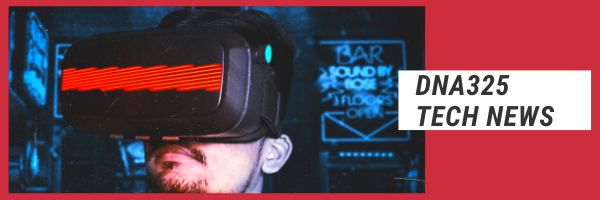Alex Krasnov – Co-founder and Product Manager at DiscoveryNinja.
– Co-founder and Product Manager at DiscoveryNinja.
Advisor and Mentor in Qudi, co-organizer of ProductTankOdesa.
Built and grown products in financial, sales operations, and entertainment domains and currently looking into helping business teams to check their ideas using no-code techniques
Hi, Alex, let’s start!
Should a Product Manager know how to code?
Short answer – no. However, the Product Manager is a business role. If I had to select a person with a business background or technical background, not digging how good they are in those categories, I would choose the business background. The problem WHAT to build is usually bigger than HOW to do it. For Google or other deep tech products, it may not be so valid.
What can Junior PMs do to improve their skills?
I believe that there are no Junior PMs because it is already sort of a leadership role. You set the direction where the product should go. If you want to improve, it is the same as in any other field:
- learn from others,
- try things,
- be proactive.
As I heard in one talk, if you are just starting and you are proactive, new opportunities and projects will seamlessly find you within the organisation. This is what I was doing myself in the companies I worked and the communities I was a part of.
Last but not least, I would recommend building your own company or product, and you don’t have to leave your daytime job. When I was working full-time for my first company, I was doing 3-4 hours of my own product development after work. When there was a release, it was 16 hours a day, but it helped me to boost my overall product and project management skills. Building your product, actually, doesn’t cost much: you can bootstrap a lot, and there are a lot of cheap or free tools available online.
What do you think of the courses for Product Managers?
They make sense, but it really depends on the way you perceive information (courses, books, talks). Different things work for different people. If you are a “course guy”, I highly recommend checking out “GoPractice!” and YC startup school. Guys from the latter guide you through every step of the way because, in a way, a startup can be compared to a product. It is good content for any Product Manager.
Can you explain the difference between a Project Manager and a Product Manager?
Product Manager figures out what should be done based on the talks with customers, digging analytics, and the market. He figures out what is the problem and how to solve it. Project Manager makes the idea of Product Managers happen. Project Managers don’t usually communicate with customers, and, by customers, I mean people who pay to use the software.
And what does a Product Owner do?
My vision is that it isn’t a position, but it is a role. In Ukrainian companies, Product Owners are on the business side of the delivery. However, in some companies I played both roles (PM and PO) simultaneously: I was the guy who talked to the customers and then went to engineers, designers, and sales teams and worked with them on product delivery. In my opinion, the Product Owner is a role within the scrum development process.
Let’s talk about the technical side of PM work. Which metrics do you use to evaluate the team?
You evaluate the team based on the goals they help to achieve. Evaluation is always the hardest stuff. It also depends on the type of team. For example, if it is an Engineering team the necessary criteria is predictability. When you understand how long it will take to build what you need, you can build this parameter in your strategy. For a startup PM, I would advise not to overcomplicate things. I’d also suggest building a growth team, where people will understand quicker and easier how to build something faster.
What prioritization methods do you use? How do you prioritize bug fixes VS new product features?
A bug is a feature that a person doesn’t get. One more layer is how does it impact the experience? What’s the reach of that experience? Every bug is a new feature, and every new feature is something like a new experience. When we think of “bug VS. feature” we have to ask “Was the code bad or not? Was the code broken or not? How big was the impact? How many people are getting this bad experience?” I even tried adding bugs to sprints because we thought of bugs as missing features and parts of user experience. For Product Managers, business issues are more important than technical.
Can you tell me about some fuckups you had in product development?
The biggest mistake was not doing enough research before investing a bunch of resources into some initiative, e.g. starting a new product with one organization, and we relied on serial insights which we had from partners. We haven’t really checked them in qualitative and quantitative ways. We just believed and invested a lot of time and money, and figured that the initial hypothesis was wrong. If we had talked to customers and did a quick marketing check, we could have got the right approach a lot cheaper and quicker, and we should have tried not to go in that area.
Speaking of different markets, is there any difference between the Ukrainian market and American?
There isn’t any big specific difference. The Tech world is pretty diverse and location independent. Ukrainian is, obviously, younger. So the American one is ahead of us, but only because they started earlier. Here we would say “I work in a product company” whereas in the US “I work in a company”. Most companies, by default, are product companies there. So the biggest difference is that there are more outsourcing companies in Ukraine. One more difference is money. Access to investment is better in top locations.
Lastly, what do you like about being a Product Manager?
I like the ability to work closely with customers, having a 360° view on what’s going on. I dislike writing long specs. But if you build your communication right and are transparent, you will not have to write a lot of specs. Product Manager is a pretty holistic role.




